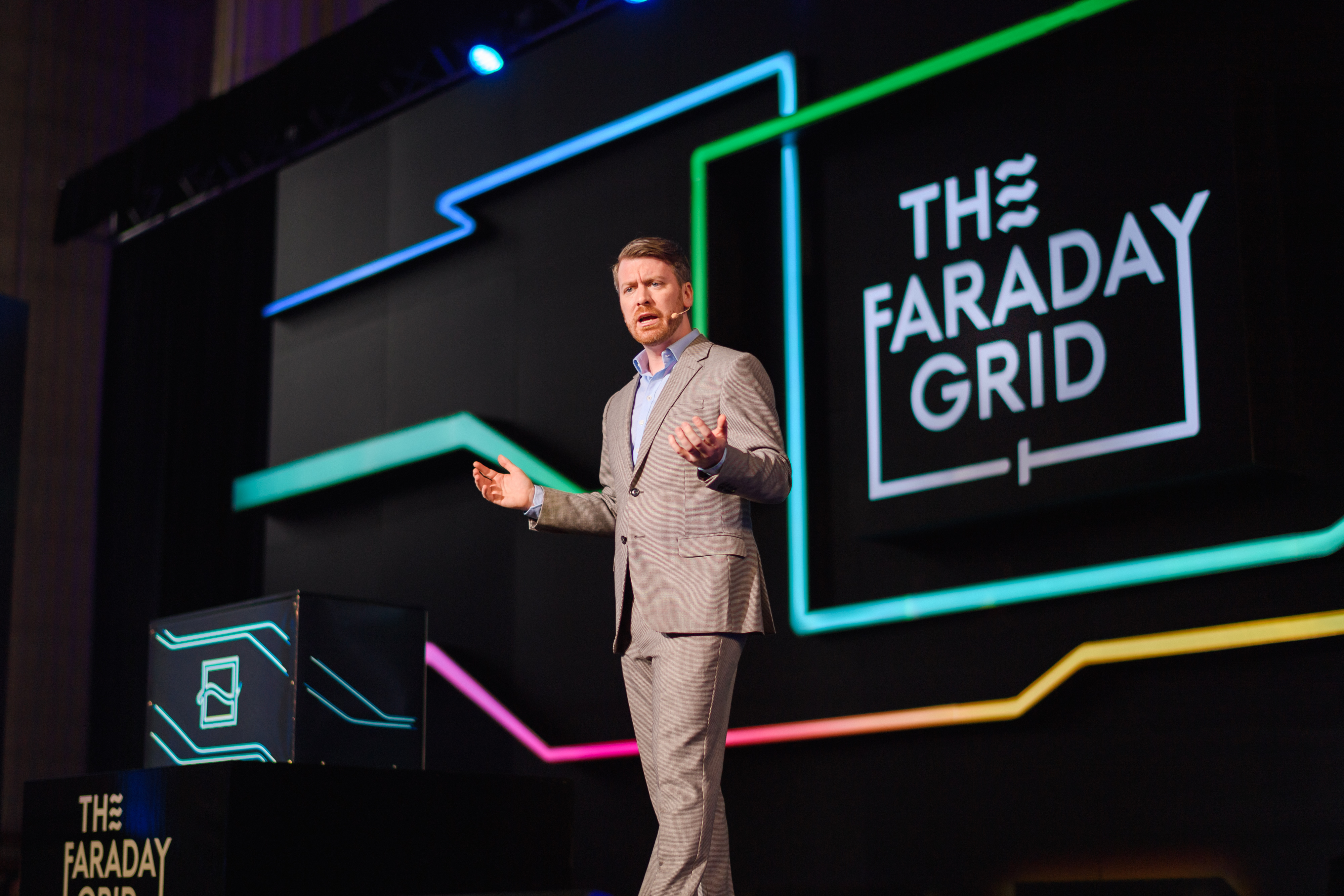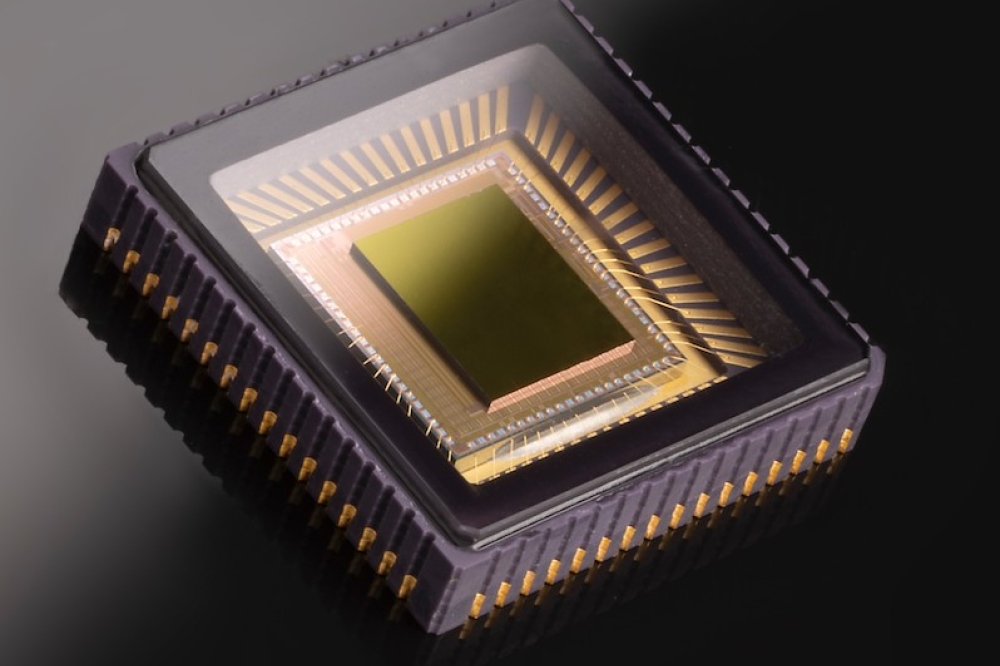CS Applications Catapult partners with Faraday Grid

CSA research says that demand on UK’s electric grid will grow 10-15 percent per annum over the next 10-15 years, with electric vehicles driving 85 percent of the increase
The UK Compound Semiconductor Applications (CSA) Catapult has announced that it has been appointed by the Faraday Grid company to conduct market research on the power electronics industry.
Faraday Grid was formed to re-think global electricity networks so that they can provide clean, reliable and affordable energy for everyone. The company has developed a new open platform system architecture designed to deliver power from anywhere to anyone across the grid. It's based around the Faraday Exchanger, a drop-in ‘plug and play’ device located at any network connection point that dynamically balances and smoothes bi-directional power flow from changing inputs across the energy system.
CSA Catapult has delivered research findings around the key trends and drivers across the power electronics industry and the impact they will have on materials, sourcing and cost. Application areas which the Catapult explored included electric vehicles and power converters.
CSA Catapult’s research found the UK’s electric grid requirements will grow by 10-15 percent per annum over the next 10-15 years, and that Electric Vehicles are set to drive 85 percent of that increased demand. Based on this data the Catapult modelled a variety of different scenarios for the industry and provided Faraday with technology, economic and supply chain roadmaps.
Located in South Wales, CSA Catapult works collaboratively with the private sector and academia and has built strong relationships with key players across the UK Power Electronics industry.
Commenting on the partnership, Catapult CEO, Stephen Doran, said: “We were delighted to deliver these research findings on the future markets and trends in Power Electronics. In the early twentieth century, the UK led the world in developing the electricity grid. Today, the centralised nature of our electricity grid means it is not responsive to the nation’s future power needs. The Faraday Grid enables smart grid networks and decentralised energy storage, which are critical if we are to power Electric Vehicles up and down the country.
Jim Darroch, chief supply chain officer at Faraday Grid, added: “The electricity grid needs to adapt to keep pace with greater supply from renewables and increasing demand from households and businesses. Faraday Grid’s mission is to bring clean, reliable and affordable energy to all. For this we need to have clear foresight of device and technology trends so that we can continue to meet the demands of the future, and technologies yet to be invented.”


































